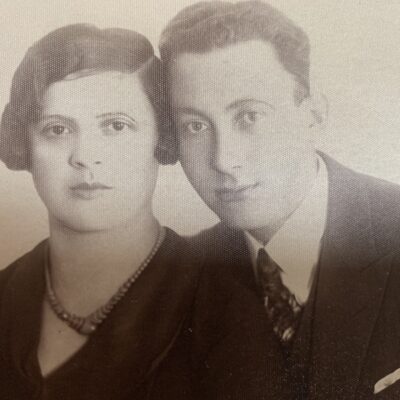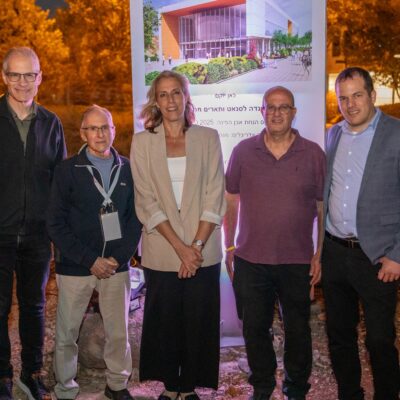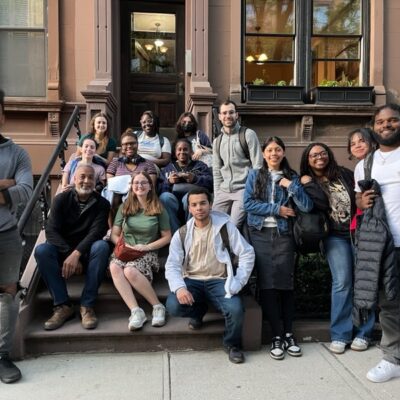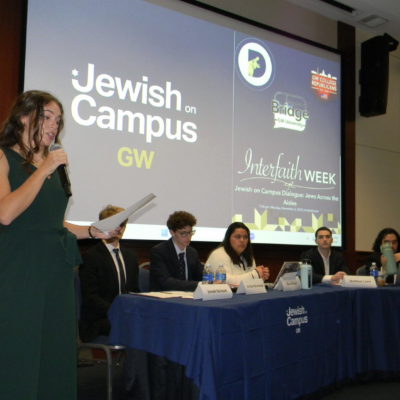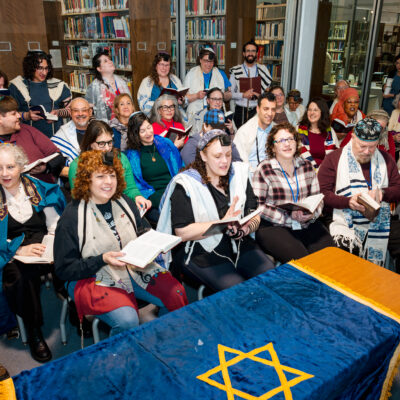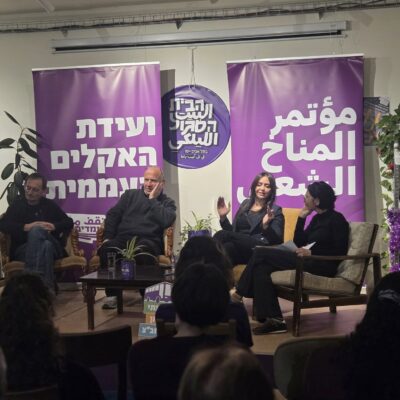Navigating Relationships with Major Donors
By Mariela Socolovsky
Among development professionals there is a general understanding of best practices surrounding donor cultivation, stewardship and recognition. But I wanted to find out what the donors think about these practices. For my masters thesis at the Hebrew Union College Zelikow School of Jewish Nonprofit Management, I interviewed thirteen major donors / lay leaders and eight development officers at Jewish organizations in Los Angeles. The research led to several recommendations:
Diversification
Donors believe that organizations should diversify: “Don’t just focus on the usual suspects,” says one donor; focus on lower-end donors too. This will benefit the organization by diversifying its income, and it will show the major donors that the burden of keeping the organization running is shared. Organizations can even include major donors in the thinking process, asking for their input on how to approach small and mid-sized donors.
Build Relationships
Donors reported that they seek relationships that are based on trust, honesty, and transparency. Some reported low levels of trust in the authenticity of the relationships they have with the development officers and stated that this is an area that calls for improvement. Knowing our donors well is not simply a task; it is our duty as development officers and should be sincere.
Donors Want to be Partners
Almost all of the donor interviewees expressed a desire to be partners with the organizations that they contribute to, but none of the development professionals mentioned anything about partnerships. This is another area for improvement. Donors want not only to attend events and programs, but also to participate in decisions and offer advice and ideas. Most importantly, they want to be included in the early stages of challenging situations. As professionals, we frequently struggle with questions of whether to involve our donors in challenging situations that arise. Will it make the organization look bad, burden the donor, or give the professionals more work? As I learned from my interviews with donors, the pros outweigh the cons. Involving donors in challenging situations will strengthen the relationship, build trust, and ultimately lead to donors’ deepened commitment to the organization.
Talk About the Recognition Process
Communication is important in donor-staff relationships. Often there is a communication gap with regard to the recognition process: professionals assume they know what donors want. I found that donors want acknowledgement – a letter, a phone call, or a handwritten note – not necessarily public recognition. Among those who do want public recognition, some want to inspire others to give and are conflicted about it, while others wish to share their pride in their own accomplishments and what they have been able to give to society. In the interest of strengthening relationships and keeping the communication channel open, development professionals should have candid conversations with donors about what they like and what they expect in terms of recognition. When it is agreed that publicly recognizing the donor could help the organization and is acceptable to the donor, consider emphasizing the legacy aspects of their donation and the inspiration they could be for others.
The thirteen donors I spoke to for this study, who are involved in many Jewish (and non-Jewish) organizations, all appreciate the professionals with whom they have relationships. They value their work, their skills, and the wonderful work the organizations are doing. Yet the angles for improvement and expectations that they shared are worthy of our consideration and implementation. Keep in mind: It is all about relationships; it is all about partnerships; and it is all about good communication. As professionals, we have a lot of work to do, but we have amazing partners to carry on the task with us.
Mariela Socolovsky has an M.A in Education from the University of Haifa and worked for many years as a development officer at the same university. She will receive her masters in Jewish Nonprofit Management from HUC’s College Zelikow School of Jewish Nonprofit Management in May. Her thesis is available here.

 Add EJP on Google
Add EJP on Google


